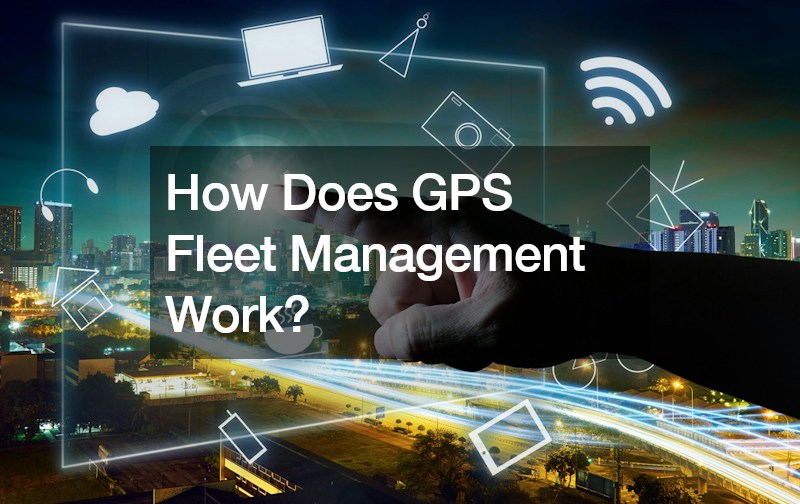GPS fleet management is a sophisticated technology that enables businesses to monitor and optimize their vehicle operations. At its core, this system relies on Global Positioning System (GPS) satellites to pinpoint the location of each vehicle in a fleet in real time. The information collected is then transmitted to a centralized platform, providing fleet managers with valuable insights.
The process begins with GPS devices installed in each vehicle, which continuously gather location data.
These devices communicate with satellites overhead, determining the precise geographic coordinates of the vehicles. The data is then transmitted to a central server or cloud-based platform, where it is processed and made accessible to fleet managers.
Fleet managers can access a user-friendly interface to track the real-time location of each vehicle, monitor routes, and analyze historical data. This allows for efficient route planning, minimizing fuel consumption, and optimizing delivery schedules. Additionally, GPS fleet management systems often come equipped with features such as geofencing, alerts, and performance analytics, enabling managers to maintain control over the fleet’s operations and address issues promptly.
GPS fleet management enhances operational efficiency, reduces costs, and promotes overall productivity for businesses relying on vehicle fleets. This technology provides a valuable tool for businesses of all sizes, helping them navigate the complexities of logistics with ease and precision.




